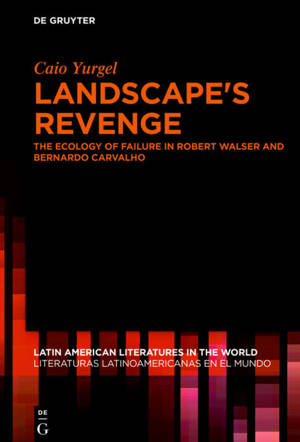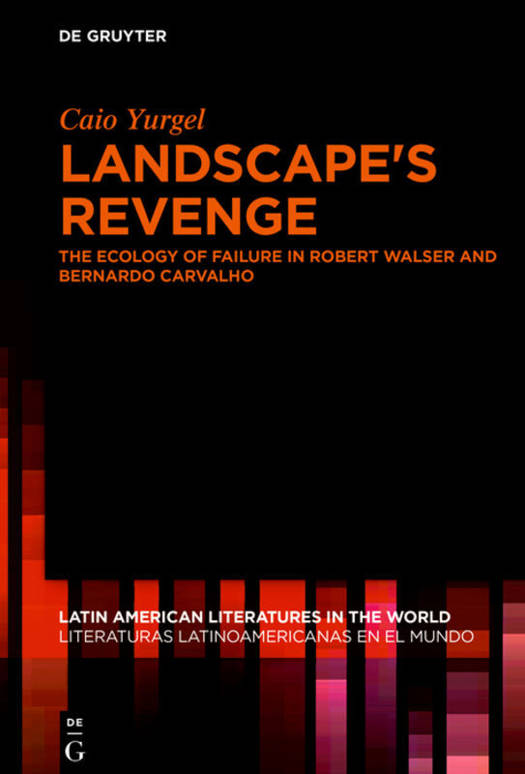
- Afhalen na 1 uur in een winkel met voorraad
- Gratis thuislevering in België vanaf € 30
- Ruim aanbod met 7 miljoen producten
- Afhalen na 1 uur in een winkel met voorraad
- Gratis thuislevering in België vanaf € 30
- Ruim aanbod met 7 miljoen producten
Omschrijving
Landscape, as it appears and is described throughout the works of Bernardo Carvalho and Robert Walser, provides an excellent--yet virtually unexplored--pathway to the authors' literary projects.
The landscape functions here as a synthetic and unifying figure that triggers, at first, through the analysis of its description per se, the main and most evident elements of the authors' works. However, when sustained as a methodological figure beyond the scope of its own description, the landscape soon reveals a darker, far more fascinating and far less explored side of the authors' oeuvres: a vengeful, seemingly defeatist resentment against the status quo, which gives way to the more latent and biting elements of the authors' prose, such as irony, the unheimlich, an anti-heroic agenda, the apocalyptic aesthetics of a disaster-prone fictional world, as well as an understanding of history and literature through the figures of failure and marginality.
By drawing from diverse critical traditions from Latin-America and Europe, this comparative text seeks to unravel, in all of its complexity and scope, the fictional stage upon which Walser's and Carvalho's characters narrate, with their dying breath, a world that is slowly undoing itself.
Specificaties
Betrokkenen
- Auteur(s):
- Uitgeverij:
Inhoud
- Aantal bladzijden:
- 264
- Taal:
- Engels
- Reeks:
- Reeksnummer:
- nr. 2
Eigenschappen
- Productcode (EAN):
- 9783110617573
- Verschijningsdatum:
- 5/11/2018
- Uitvoering:
- Hardcover
- Formaat:
- Genaaid
- Afmetingen:
- 157 mm x 234 mm
- Gewicht:
- 498 g

Alleen bij Standaard Boekhandel
Beoordelingen
We publiceren alleen reviews die voldoen aan de voorwaarden voor reviews. Bekijk onze voorwaarden voor reviews.











